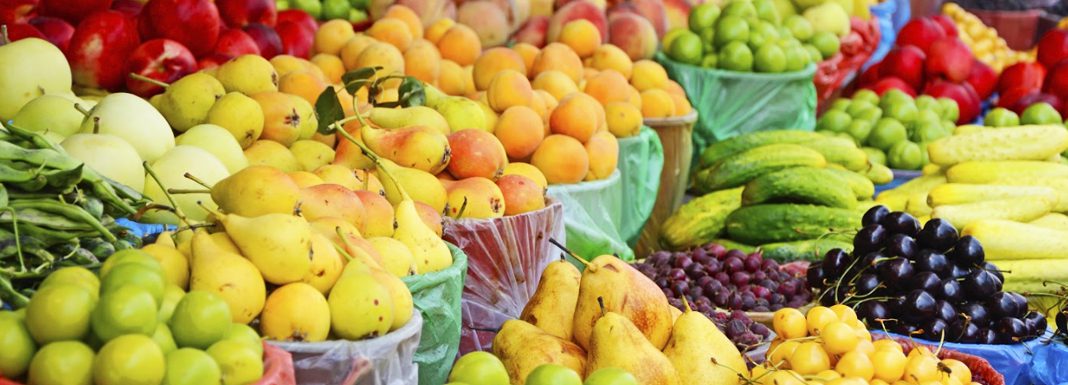A study from Yale showed that certain bacteria in your colon may turn dietary fat into body fat to make you fat (Nature, June 9, 2016;534:213-217). Studies from New York University showed that giving young baby mice penicillin, in doses similar to what farmers give livestock, changes their colon bacteria into the types that make them fat and causes them to develop 15 percent more body fat than mice not given antibiotics (Cell, August 14, 2014;158(4):705-721). Furthermore, giving these young mice low doses of penicillin and then feeding them a fatty diet made them morbidly obese.
Certain Bacteria in Your Colon Cause Dietary Fat to Make You Fat
The Yale study shows that fat that is not absorbed in the upper intestines passes to the colon, where bacteria convert the fat to short chain fatty acids, primarily acetate. These short-chain fatty aids are absorbed into the bloodstream from the colon and stimulate the parasympathetic nerves in the brain, which causes the pancreas to release insulin and the stomach to release gastrin and ghrelin, all of which make you very hungry so that you eat more food and gain weight.
In the experiments, fat mice had their colons filled with bacteria that made them fat, and skinny mice had bacteria that kept them thin. Transferring the colon bacteria from fat mice to skinny mice caused the skinny mice to have fat-promoting bacteria in their colons, higher acetate levels (from dietary fat), and higher insulin levels that made the skinny mice fat and diabetic. The authors report that this offers an evolutionary advantage by helping animals to store more energy as fat when they eat calorie-dense fatty foods. In prehistoric times, animals would die when food was scarce and storing fat in their bodies helped them to stay alive during these times of food deprivation. Since the study was done on rodents, we will watch for future studies to see if the same results are found in humans.
Antibiotics Can Changes Colon Bacteria
Giving baby mice low doses of penicillin changed their colon bacteria to the type that made them fat, and they remained fat into later life (Cell, August 14, 2014;158(4):705-721). You have more than ten times as many bacteria inside your colon as you have cells in your body. Humans are born with no bacteria in their colons, but from the moment they pass through the birth canal, they acquire new bacteria that will influence whether they become skinny or fat as adults. . For example, researchers raised genetically identical baby mice in a germ-free environment (Science, September 2015). Then they fed them bacteria from the colons of human twin sisters in which one was fat and the other was skinny. Both groups of mice ate exactly the same foods, but the mice given bacteria from the overweight sister became much fatter than those mice given bacteria from the skinny sister. The colons of the skinny mice had much more Bacteroides bacteria, which specifically break down plant starches and fibers into smaller molecules that are absorbed through the colon.
Then the researchers moved the fat and skinny mice into the same cages so that they had the same food and the same environment. Both groups eventually developed the same bacteria in their colons and both were skinny presumably because mice shared their colon bacteria by eating each other’s stools loaded with bacteria.
Today, North Americans are fatter than they have ever been. The Baby Boom generation, which has high rates of obesity, was the first to receive antibiotics, as have all of the generations that have followed. Martin Blaser of NYU has shown that the mania for clean food and clean food preparation may also contribute to the obesity epidemic (Nature, August 30, 2012; 488:0621–626). In the old days, our food was loaded with bacteria and people suffered a high incidence of stomach ulcers caused by the bacterium Helicobacter pylori. Helicobacter also damages the stomach so it markedly reduces production of ghrelin, the hormone that makes you hungry. Strict food cleanliness and antibiotics have reduced the incidence of stomach ulcers, but now more than 70 percent of North Americans are overweight and more than 40 percent become diabetic.
My Recommendations
• What you eat may be more important than how much you eat in determining how fat you become, because the types of food you eat determines which bacteria grow in your colon.
• The bacteria in your colon eat the same food that you do, so a diet full of fruits, vegetables and nuts grows colon bacteria that are far less likely to make you fat. The typical Western diet full of sugared foods and drinks, meat, fried foods, refined carbohydrate and ultra-processed foods grow the types of colon bacteria that can make you fat.
• Don’t ask for unnecessary antibiotics. They kill off your good bacteria and what regrows are likely to be the types of bacteria that may turn dietary fat and sugar into body fat. When prescribed antibiotics, talk to your doctor about these studies so that the both of you can make the best decision for your health.
Checked 4/20/23


